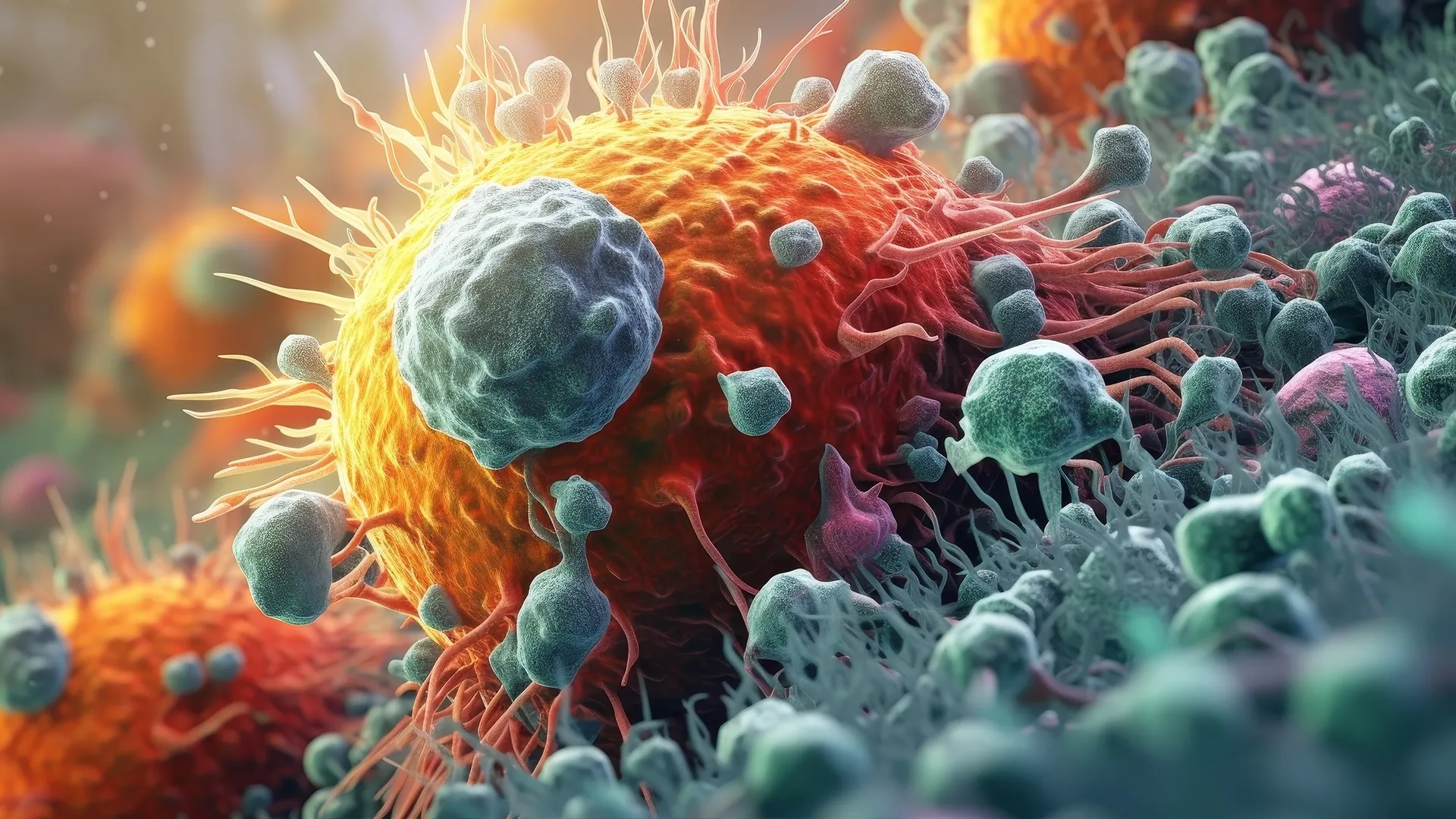
Toxicity to the immune system encompasses a variety of adverse events, including the ability of a compound to override the immune system and cause an allergic reaction, or to impair the immune functions required by the host to defend itself against infectious or neoplastic disease. To comply with regulatory authorities, all new human pharmaceuticals and chemicals need to be evaluated for their potential to produce immunotoxicity.
With the explosion of immunomodulatory biopharmaceuticals and small molecules developed for the treatment of cancers and inflammation, the understanding of fundamental immunology has significantly progressed and has opened the possibility to finely evaluate and characterize an immune response.
Relying on the extensive expertise in immunology of its analytics lab, ERBC performs a number of assays to predict the range of potential immune-toxicological consequences of a given compound.
Delayed dermal sensitization study in guinea pig
Local lymph node assay
Active anaphylaxis study
Passive anaphylaxis study
Immunogenicity assessment in animal and human samples by validated methods
Tier I assays (usually included in standard regulatory studies to detect immunosuppressive effects)